
Dairy Milk Alternatives 101 | What’s what?
Alternative Milks
With so many alternative milks on the market today, it is difficult to know which is which. We have compiled this guide to provide information on alternative milks and which works best for which purpose.
Almond Milk
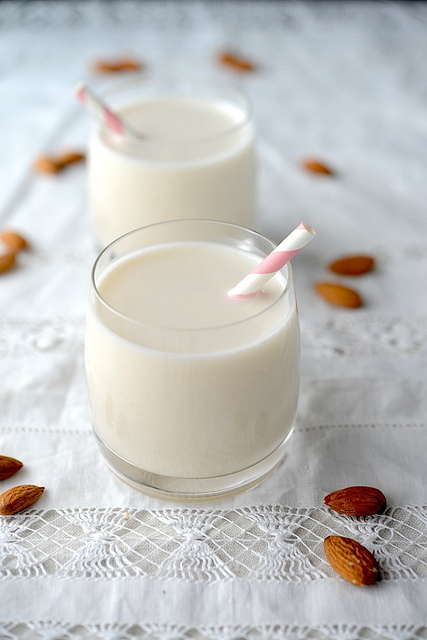
Almond milk is plant based milk and has a creamy, slightly nutty taste. You can purchase it sweetened or unsweetened and in a range of flavours from chocolate to vanilla. Almonds are grinded in a blender with water and the almond pulp is strained away. Low in fat, high in energy, protein and fibre. Contains minerals such as calcium, iron, magnesium, phosphorus, potassium, sodium and zinc. Almond milk contains high amounts of sugar in some cases. Not suitable for those with tree nut allergies.
Hemp Milk
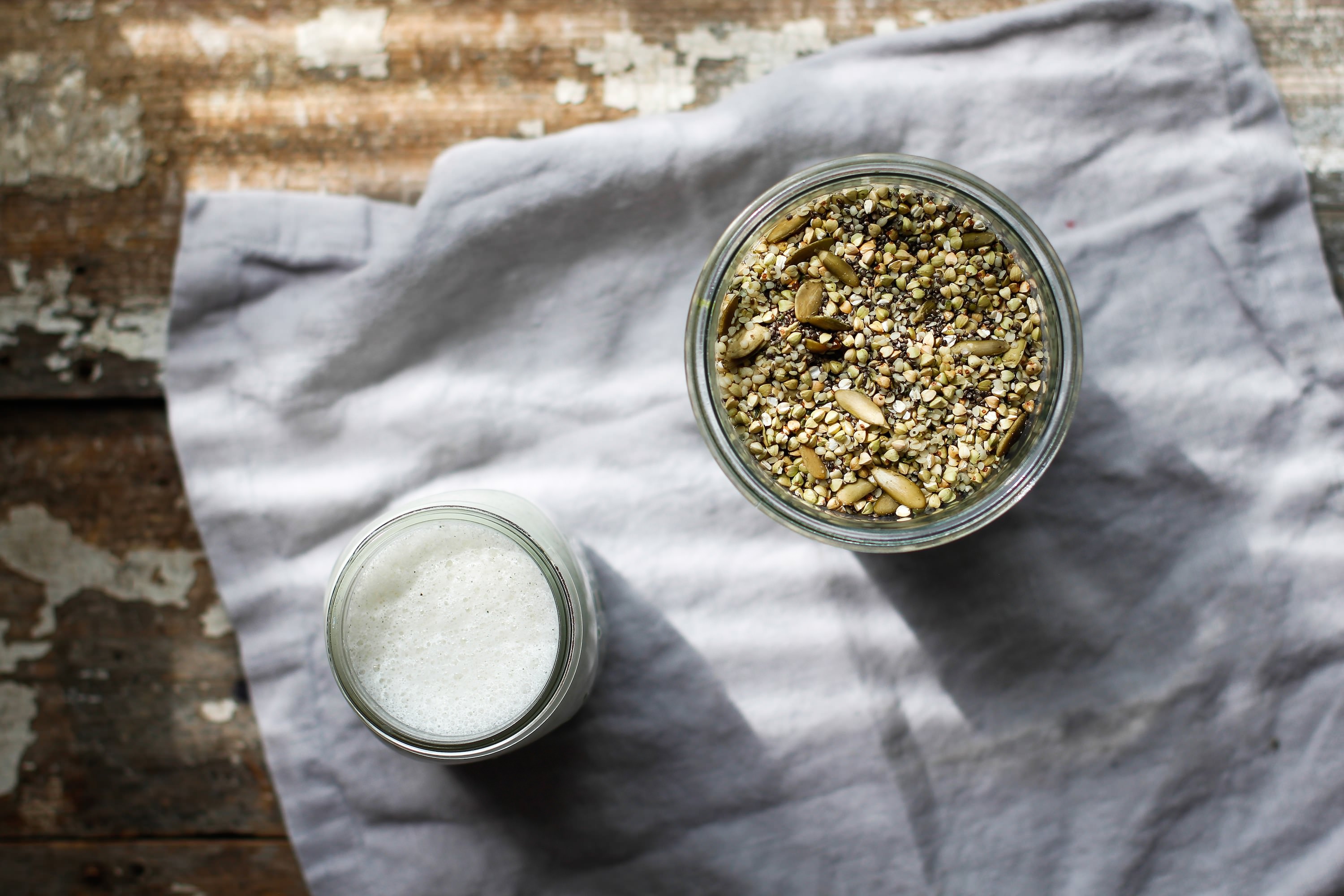
Hemp milk is made from hemp seeds. It is cream in colour and tastes slightly nutty and has a mild vanilla taste. It is made by blending water and hemp seeds which are then strained. Sometimes, other ingredients are used for different flavours, e.g. chocolate. Hemp milk is a great source of protein, iron, magnesium, potassium, and omega-3 and omega-6. It is a good alternative for nut allergy sufferers. It also has zero cholesterol. A negative is that hemp milk can contain thickeners.
Coconut Milk
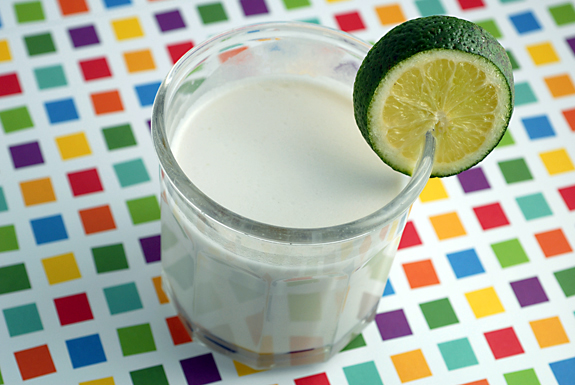
Coconut milk comes from the flesh of coconuts. It is low in carbs and cholesterol which is great. It has a very creamy taste, and works well in all kinds of drinks and recipes, such as Thai cuisine. It contains many healthy fats and it’s also high in Vitamin B12 which is great for vegetarians and vegans. Unfortunately it has the highest amount of saturated fats than the other milk alternatives. It is not safe for nut allergy sufferers and as coconuts are grown in specific temperatures it increases carbon footprint.
Rice Milk
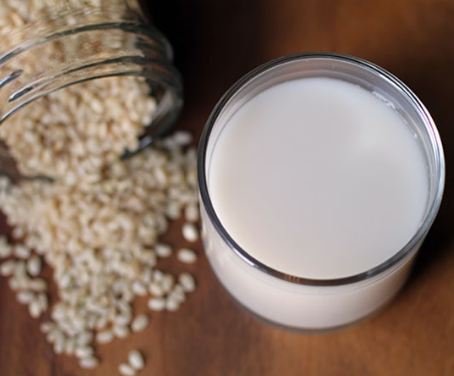
Rice milk is low in both fat and calories. It’s fairly sweet so it’s nice to drink and also works well in recipes, especially for baked goods. Unfortunately this milk lacks many nutrients, such as protein. It is best to choose organic rice milk and it can contain pesticides. It is a good option for those who are allergic to nuts, tree nuts and/or soya. Rice is naturally high in sugar and thickeners can be added to commercial rice milk.
Oat Milk
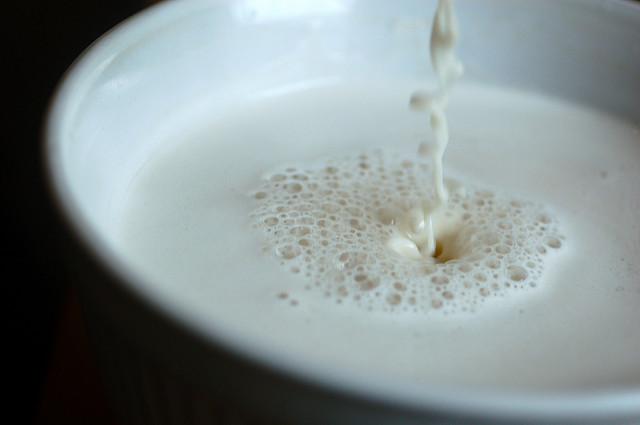
Oat milk is cholesterol free, and a good source of many nutrients include Vitamin E and folic acid. Oats have high levels of phytochemicals which are considered to contribute towards good heart health. On the other hand, oats are naturally high in sugar, and don’t contain much protein or fibre. It is not suitable for gluten intolerant diets and many non-organic oats have pesticide residue.
Soy Milk
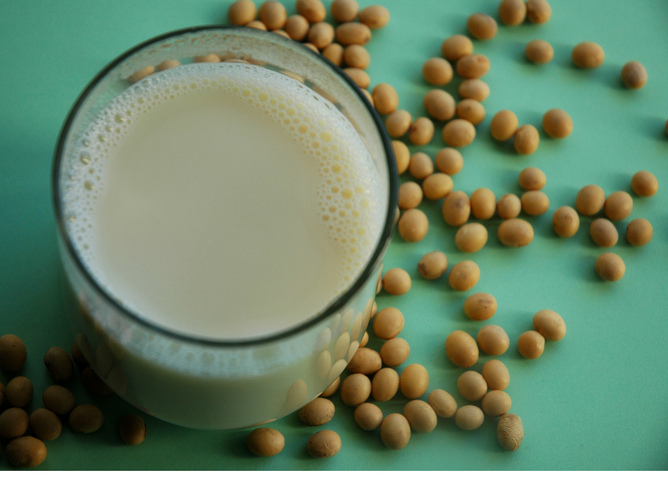
Finally on this list is soy milk. This is probably the most popular milk alternative and most widely available. It’s high in protein, low in saturated fat, and it’s not too expensive. Soy milk can be found in lots of non-dairy products like ice cream, yoghurt, drinks and more. It is not suitable for those who have a soy allergy and soy crops are most likely to be genetically modified and contain pesticides.
There are lots of non-dairy alternative milks on the market, most of which have their own upsides and downsides. It varies on personal preference and diet, but there are many great health benefits going dairy free when you next pick out your milk!
Below are some links to the most popular alternative milks in the UK:




